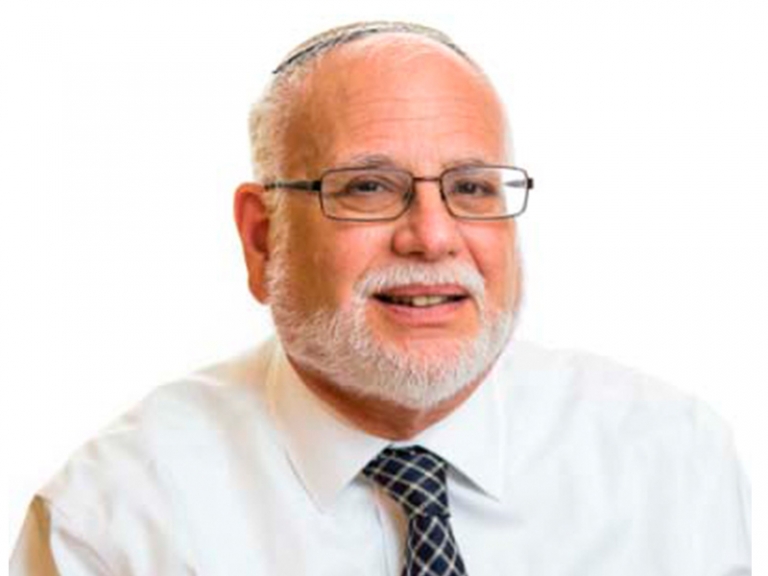D'var Torah by Dr. Kalman Stein, Head of School

Dear Hebrew Academy Community,
Sukkot should, in many ways, be celebrated as the holiday of inclusion and unity. In a year during which we at Hebrew Academy have dedicated ourselves to reinforcing our focus on the social and emotional welfare of each child within a community of kindness, we should pay special attention to this aspect of Chag HaSukkot.
The Tur—Rabbi Yaakov ben Asher, Germany and Spain 1270-1340—begins the laws of Sukkot by commenting that when one sits in the sukkah, one is required to be aware that our sukkot commemorate the Ananei HaKavod, the Clouds of Glory, which guided and protected Bnai Yisrael in the desert.
The Midrash teaches that the Ananei HaKavod were provided by Hashem in the merit of Aharon Hakohen (and that they departed when he died). Aharon, of course, is the paradigmatic Ohev Shalom V’Rodef Shalom, the lover and seeker of peace. Rabbi Jay Kelman has written that our observance of both of the Mitzvot of Sukkot—sukkah and Arba’ah Minim—should be fulfilled while following in the footsteps of Aharon. First, the Gemara in Sukkah (27b), commenting on the Pasuk “All of Israel shall dwell in the Sukkah (Vayikra 23:42),” proclaims, “All of Israel are worthy to sit together in the sukkah.” Second, as all of our elementary students learn from an early age, the lulav, etrog, hadassim, and aravot, which we hold together when we perform the Mitzvah of Arba’ah Minim, represent every type of learned, unlearned, observant, and non-observant Jew.
This tone of inclusion is re-emphasized on Shemini Atzeret. Why is an eighth day added to the holiday at the conclusion of Sukkot? Rashi recounts the parable of a king who invites his sons to dine with him for a number of days, but when the time comes for them to leave, he asks them to stay for another day because “Kasheh Alai Praidatchem--it is difficult for me to part from you.” The Chassidic interpretation of these three words is not that it is difficult for Hashem to part from the Jewish People who have gathered in Yerushalayim for Sukkot but rather that Hashem finds it difficult to see the Jewish People separate from one another as they depart for their individual homes. Perhaps we can go a bit beyond that and say that it is surely unpleasant for Hashem to observe “our separation,” for Him to see us divided into disputing factions.
Let each of us do our part at Hebrew Academy, in our community, in the larger Jewish world to allow the Middot of Aharon Hakohen to inform every aspect of our interpersonal and communal lives.
Shabbat Shalom and Chag Samai’ach,
Dr. Kalman Stein
Head of School

